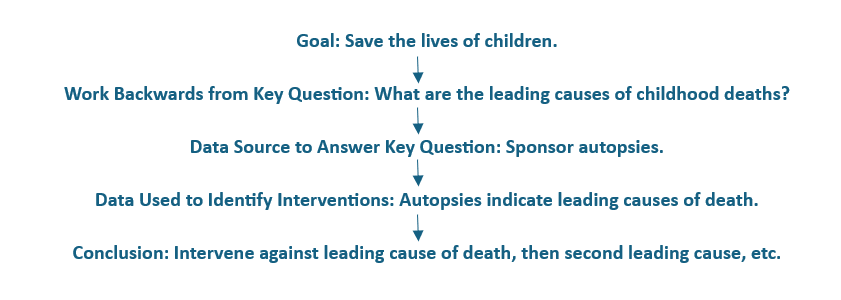
Brain Food
BRAIN FOOD
Statistics and community indicators are a starting point, only one component of the full story. The stories behind the numbers provide important context for our indicators, painting the more complex realities of society.
These discussion topics can help remind you of these larger narratives, shaping the way things are, the way things work, and the way things could be.
Consider this your BRAIN FOOD, nutrition for healthy thought!
Explore Topics
- Achievement Gap
- Arts and Culture
- Banking
- Belonging
- Bill Gates
- Catalyze
- Census
- Common Ground Health
- Communicate
- Community Vitality
- Connect
- Continuous Improvement
- Curate
- Data
- Demographics
- Early Childhood
- Education
- Environmental Justice & Sustainability
- Equity
- Gentrification
- Housing
- Impact
- Inclusion
- Inclusive Recovery
- K-12 Education
- Measurement
- Mental Health
- PDSA
- Poverty
- Public Safety
- Research Design
- Social Capital
- Transportation
- Upward Mobility
- Voter Participation
- Workforce
- Youth
- Zoning
December, A Time for Reflection
There’s an article from the September-October 2024 magazine of the Harvard Business Review where Michael Luca and Amy C. Edmondson (you’ll recognize that name from ‘psychological safety’ and Right Kind of Wrong) that summarizes ACT’s mission beautifully:
“When considering internal data or the results of a study, often business leaders either take the evidence presented as gospel or dismiss it altogether. Both approaches are misguided. “ ~Summary, Where Data-Driven Decision-Making Can Go Wrong
The article goes into greater detail and calls out the importance of matching information with the question being asked (internal validity), the pitfall of underestimating the importance of sample size (particularly relevant to many counties in our region), and the challenge of aligning outcomes with actual program activities. It is as though the authors have attended meetings here in Rochester!
We at ACT Rochester have turned to narrative as another key part of the solution to data-driven decision-making going wrong. If we challenge our default assumptions, we are more likely to ask the questions that Luca and Edmondson suggest and avoid the pitfalls.
So, in the spirit of reinforcing new ideas, the Brain Food posts in the month of December will be re-posts from the time before email alerts. We will highlight staff top picks from posts before October. ACT Rochester social media will call out older posts as well. We have worked hard on Brain Food throughout all of 2024 and want to make sure you don’t miss anything!
Happy December, friends of ACT! Please enjoy your Brain Food, nutrition for healthy thought :-)
Working Backwards for Social Issue Problem-Solving: Bill Gates on Armchair Expert with Dax Shepard
Social problems are complex and require a structured, rigorous approach to finding solutions. For example, ACT Rochester uses the ‘4 Cs’ as a guide to support systematized problem-solving. The more structured we are in addressing the complex issues, the more accurately we can diagnose a solution and build a persuasive story.
We start with the problem, working backwards to identify what we need to know and identify opportunities to intervene. It’s science. Tried and true.
In a recent episode on popular podcast Armchair Expert with Dax Shepard, Bill Gates discusses his rigorous approach to problem-solving in his work for the Gates Foundation. Early in the episode (a little over 14 and a half minutes in), Gates references his reliance on descriptive statistics for contextual understanding. He then makes a quick reference to the fact that his foundation sponsors autopsies on children in India so that they can be sure that they address leading causes of death. The interview doesn’t focus on this point, but it is worth underlining . Since the Gates Foundation is committed to saving lives, Gates and his team acknowledged that first they needed to understand what was taking lives.
Consider this structured way of thinking. Identify a goal. Figure out root causes to identify interventions. Rinse. Repeat.

